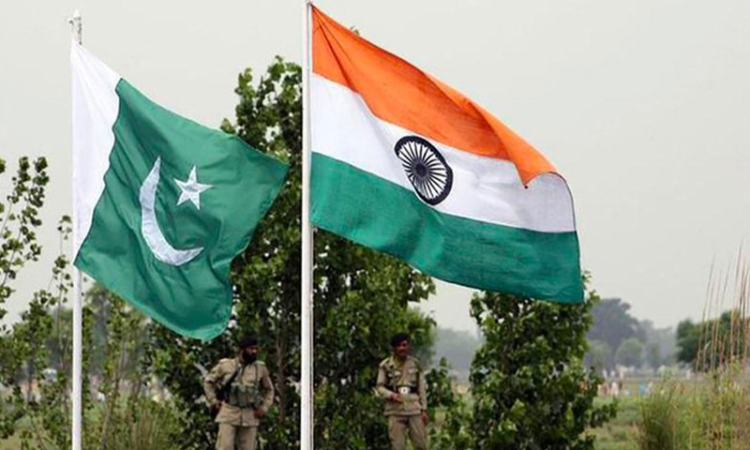'Grass Is Not Greener On The Other Side Of Fence': Kerala High Court To Radicalists In Terror Recruitment Case
Hannah M Varghese
10 May 2022 12:29 PM IST

"For those who have such radical thoughts, we can only say that the grass is not greener on the other side of the fence if you just look at history."
Next Story


